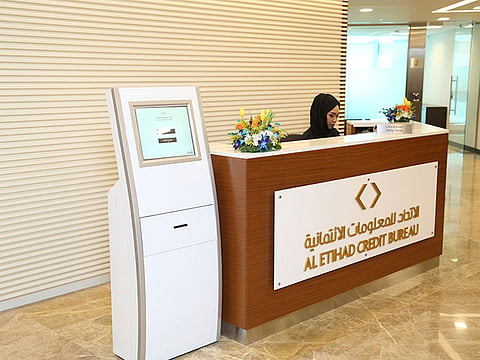UAE: Legal financial obligations to now reflect on credit report
Banks and other service providers are increasingly using credit reports to make decisions

All court-imposed legal financial obligations will now reflect on credit registries of individuals and companies, it was announced on Tuesday.
This comes after the Al Etihad Credit Bureau (AECB), a UAE federal government entity that provides information and analytics to support credit decisions, collaborated with the Ministry of Justice to expand its credit registry.
Marwan Ahmad Lutfi, CEO of AECB, said: “AECB’s credit registry, now expanded to include court-imposed financial obligations, is the result of a two-year effort in which the bureau worked closely with the UAE Ministry of Justice. At AECB, we believe this expansion of data and analysis will deepen the scope of our credit reports and provide a comprehensive view of an individual or company’s creditworthiness. Most importantly, it will enable lenders to better assess credit risks, such as the borrower’s ability to meet credit obligations or make future payments.”
The Ministry of Justice is responsible for regulating and supervising the administrative and financial affairs of the nation’s federal court system. The ministry also handles all other legal matters in the various federal ministries and prepares and implements the main laws governing civil and commercial disputes. To date, the ministry has issued more than 36,000 active judgments in cases imposing payment obligations, affecting a total of more than 84,000 individuals and companies.
AECB’s credit reports are growing in popularity as banks, financial institutions, telecommunications service providers and government agencies, as well as a growing number of businesses, rely on them to make informed credit decisions.
What is a credit report?
According to the AECB, a credit report is a document that includes personal details, all credit facilities, bounced cheque information and payment history up to five years. It also includes balances and payments of monthly telecom, water and electricity bills.
The report is used by banks, financial companies, telcos and other institutions to analyse their customers’ financial standing and evaluate credit risks.
What is a credit score?
A credit score can range from 300 to 900. The higher the score, the lower the level of risk. The score helps predict the likelihood of an individual or a company to miss payments in the next 12 months.
Sign up for the Daily Briefing
Get the latest news and updates straight to your inbox


